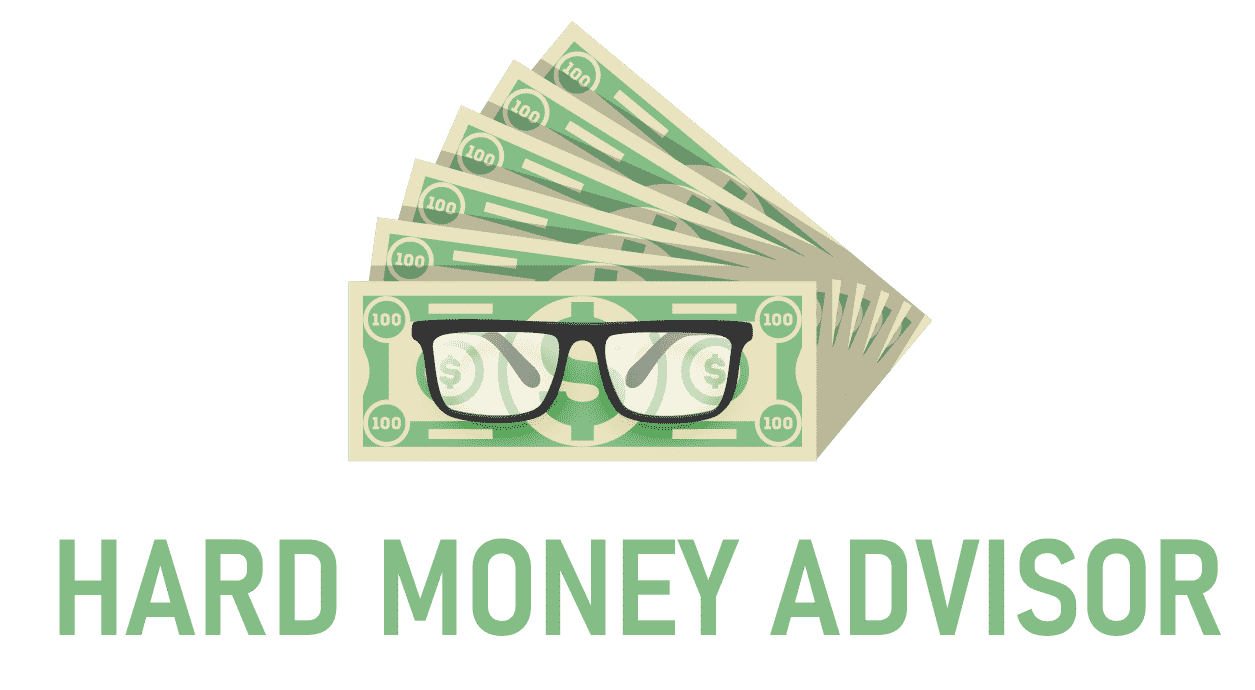If you are a real estate investor in South Carolina, and you find yourself unable to cover the costs of a construction or rehab project, it might be helpful to know that you can still complete this porject with a commercial hard money loan in South Carolina.
These loans are usually available to businesses or investors who require additional funding. They can be secured against commercial real estate, residential investment properties or combinations of the two. The additional security is called a blanket mortgage.
Commercial hard money lenders in South Carolina are usually offered by private individuals and hard money lenders. The terms and conditions vary from lender to lender, but the usual tendency is for the interest rates and costs to be higher than a traditional mortgage. However, the eligibility requirements are usually much more flexible.
How to Make Sure You Get the Best Deal
The fact that you need money fast and you do not have time to prepare a ton of documentation in order to obtain the loan does not mean that you should jump at the first offer you review. You should review the offers of several lenders specializing in commercial hard money loans in South Carolina and pay close attention to the interest rate, the pre-payment penalties, the loan to value ratio (LTV), the default rate, the APR, the loan length, the loan costs, and more.
For example, some lenders offer lower interest rates, but impose high prepayment penalties or processing fees. Others are not willing to work out a repayment plan in case you cannot keep up with the monthly note. You need to search the market and find the best offer for your particular needs before jumping in. A few extra hours of review can end up saving you thousands of dollars.
In the process, do not forget to pay attention to the lenders’ reputation. While the higher interest rates explain why so many private investors and companies offer hard money loans, South Carolina, just like all the other states, has its share of loan sharks whose only concern is getting their hands on your property through a foreclosure. Be sure to check Google reviews and make sure their website is legitimate.
Oftentimes, you can avoid a shady lender by checking customer reviews and their website carefully. Don’t trust a lender without reviews from real people or without a real website (not a cookie cutter template website that’s been online for a few months).

